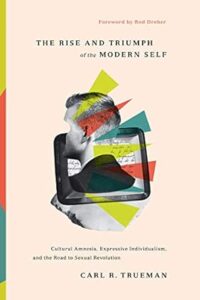 The Rise & Dominance of LGBT Movement. HPLSR. Part 4/5
The Rise & Dominance of LGBT Movement. HPLSR. Part 4/5
Question – how did the Christianized West abandon biblical morality & how did the LGBT movement become the dominant social-cultural revolutionary movement today?
A. Historical Developments
Pre-modern world mindset: “Mimesis” – discover meaningful moral order instituted by God & conform to it vs Poiesis – Modern technological mindset: “Poiesis” – sees the world as raw material out of which meaning and purpose can be created by the individual.
B. Prioritization of the individual’s inner psychology (Rousseau) – we might even say “feelings” or “intuitions” – for our sense of who we are and what the purpose of our lives is.
Result: Expressive individualism (Charles Taylor) and autonomous self, plastic people who make and remake personal identity at will.
Judith Butler: gender is not identical to biological sex. It is rather, “acts and gestures which are learned performance.
C. Contestation: Biological sex vs claim that gender identity is determined by one’s inner feelings (and beliefs), not by physical reality. Premise: Disorders in sexual development (DSD) do not constitute a third sex. Rather, DSDs are disorders in the development and formation of the male or female body.
Problem with Sex reassignment surgery (SRS).
D. Revolutionary imperative against sexual distinctions
Wilhelm Reich claimed that sexual distinction is a form of social repression. Transgenderism is a rebellion to overcome sexual distinctions.
Herbert Marcuse – To transform society politically, then, one must transform society sexually and psychologically. Logical outcome – the revolutionary imperative in response to the view sexual distinction is repressive.
You can view the full video at:
The Rise & Dominance of LGBT Movement. HPLSR. Part 4/5
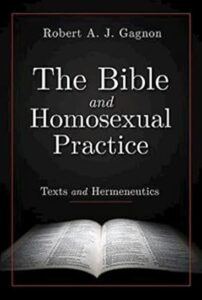
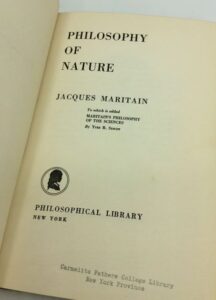
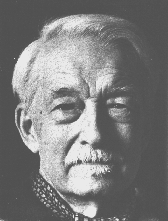

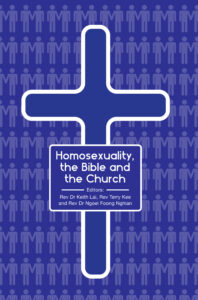

 In response to my earlier post on
In response to my earlier post on 


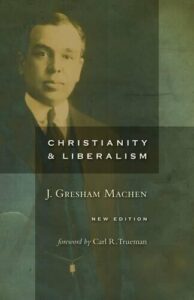
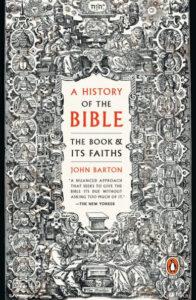 A cursory reading of Barton’s book shows that doubts about the historical reliability of the Bible run through the whole book. Given below is a small sample of Barton’s skeptical conclusions:
A cursory reading of Barton’s book shows that doubts about the historical reliability of the Bible run through the whole book. Given below is a small sample of Barton’s skeptical conclusions: